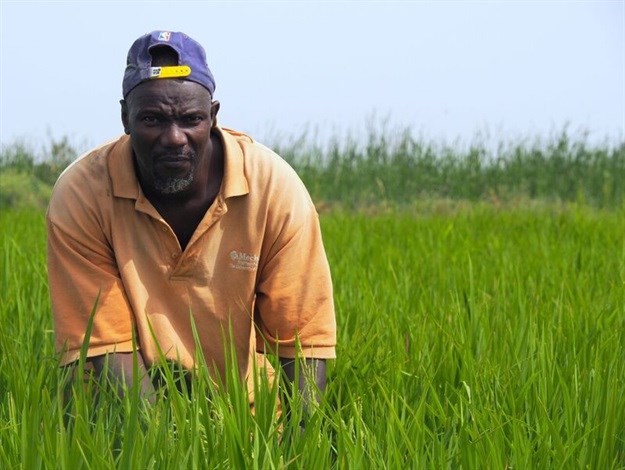Syngenta takes stock of its 10-year growth plan for its African business
Tabitha Muthoni grows tomatoes in Utange, near Mombasa. There are more than 450-million smallholder farmers like her around the globe, most of whom have family farms of less than 2ha of land. For farmers like Muthoni, increased productivity can make a big difference in their ability to support their families, send their children to school and continue investing in their fields.

Mavuno Zaidi project
Since 2016, Muthoni has been part of Mavuno Zaidi, a project by Syngenta and TechnoServe that tackles difficulties faced by potato and tomato farmers in Kenya, including access to inputs, training opportunities and post-harvest storage solutions. Farmers participating also get better linkages to local markets.
“Before the programme” Muthoni says, “I had tried out tomato farming but had little knowledge on the crop and its diseases, often visiting agrovets with picked leaves to explain the problems I was facing.” Now she makes $5,000 per season on her small tomato farm — an increase from $2,000 — and has grown from four to 11 employees.
To date, Mavuno Zaidi, or “grow more” in Swahili, has helped Syngenta and TechnoServe reach over 25,000 farmers, returning an average productivity increase of 185% for those tomato farmers. Reaching out to farmers like Muthoni serves as an example of Syngenta 's Africa ambitions.
Creating sustainable value
Alexandra Brand, Syngenta’s regional director for Europe, Africa and Middle East, explains, “Our chief aim is supporting the inclusion of smallholder farmers into viable value chains so that they produce more of what national and global markets want. We strive to transform farmer yields at scale and increase their profitability in a way that creates sustainable value.”
“Our expertise lies in bringing top-class technology and agronomic knowledge tailored to the needs of diverse growers. Recognising that Syngenta cannot achieve these goals alone and that farmers require holistic solutions, we continue to invest in innovative partnerships. These collaborations must tackle such barriers faced by African farmers as access to inputs, inadequate financial solutions, limited produce aggregation, dysfunctional markets, skills and information gaps,” says Brand.
But despite many collaborative efforts, progress is slow. Moving Africa closer to the UN Sustainability Development Goal of “zero hunger” requires long-term commitment. Moreover, the food chain revolving around the smallholder remains too disjointed.

Building stronger partnerships
Attending the African Green Revolution Forum 2017, Brand elaborates: “We see AGRF as a springboard to build stronger partnerships with like-minded organisations who share our vision and who can complement our skills and expertise with their own.”
Smallholder development projects, run in partnership with industry, academia, farmer organisations, civil society and enabled by national governments and international organisations, are crucial to achieving impact at scale. According to Syngenta, only through creative and committed collaborations can farmers access the full suite of products and services they need to succeed.
Click here for more info on Syngenta partnerships that have been successful so far.























